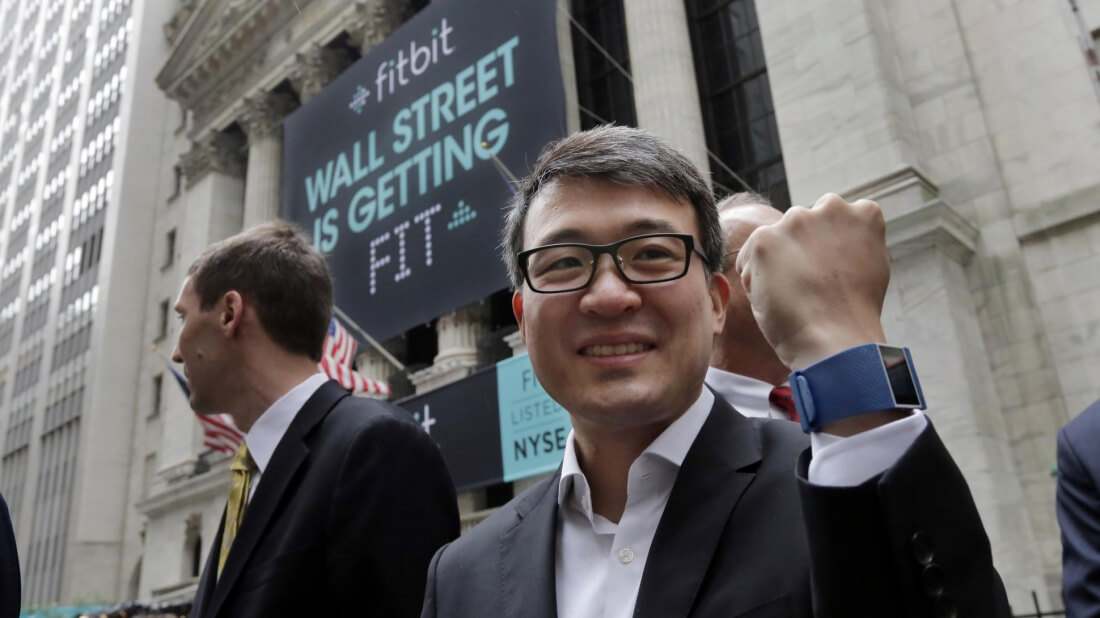I am an insulin dependent type II, and I will not consider anything like this. I have had the condition since I was 12, and let me just say that that was a long, long time ago.
The success that I have had managing my diabetes comes from one main thing: I was once told by doctors that I could eat anything that I wanted exclusive of sugar. What I have found is that it is fallacy to tell diabetics that they can eat anything they want exclusive of sugar, and any doctor that tells any diabetic that in this day and age should not be practicing medicine, IMO.
Diabetics have a disease whether they like it or not. The ONLY way that I have become successful is to strictly control pretty much everything I eat and that means weighing most all my food and carb counting. Any diabetic that thinks they can get away without controlling what they eat is fooling themselves, IMO. That said, I do eat out once in a while, and I can, not without some difficulty, adjust to that. Also, I do eat sweets occasionally, however, I must know how many carbs are in those sweets in order to be able to eat them.
I test my blood sugar in general about 8-times a day. I use 33-gauge lancets which are pretty much painless. So you might ask why would I avoid this type of device? One: Less pain is no longer a selling point for me. Two: I simply do not need it. With strict control of what I eat most times and most days, I know my blood glucose patterns. Devices like this may be helpful for diabetics that do not know their carb/calorie intake where they are much more likely to make a mistake in terms of insulin needs - a continuous monitor like this can alert one to unexpected lows, but if you ask me, that is just chasing your tail. Strict control of intake, logging meals, insulin, and BGs and watching the resulting patterns using something like Diabetes Pilot
http://www.diabetespilot.com/ is going to give a diabetic far better control than depending on a device like this that will let them know - after the fact - that they have taken too much insulin. That said, my control is not perfect - my own body's insulin sometimes gets in the way, so to speak, however, about 2% of my BGs are low, and I always know that my BG is low. Another case where a continuous monitor like this will absolutely come in handy is for the smaller percentage of diabetics that cannot tell when their BG is low. Then, a device like this will help.
I also exercise regularly, and I have taken to eating a lower carb diet most days which also seems to be having a drastic, positive impact on my diabetes control, and I also have been intermittent fasting. In our modern society, food is just too readily available as I see it, and that does not help. Sugary stuff used to be expensive, pre-1900. But now it is readily available and cheap.
Much of what society calls food is barely nutritious, IMO, and in being so, those who eat the crap out there are left hungry and eat more because their body is telling they are not getting good nutrition which exacerbates the problem, as I see it. It is not easy to find a good personal diet since guidelines from "authorities" are canned to fit what is considered a norm among humans. To me, though, what works for one person might not work for another.
Also, another part of the problem is that people want to go to a doctor and get a magic bullet that will cure all their problems instead of acting in a manner to alleviate symptoms before they ever appear. That is one reason that I am pro-active in regards to my diabetes. There is and has been no magic cure for diabetes, and AFAIK, no such cure is on the near-term horizon, either.
As I see it, diabetics need to learn their own condition and act accordingly.
